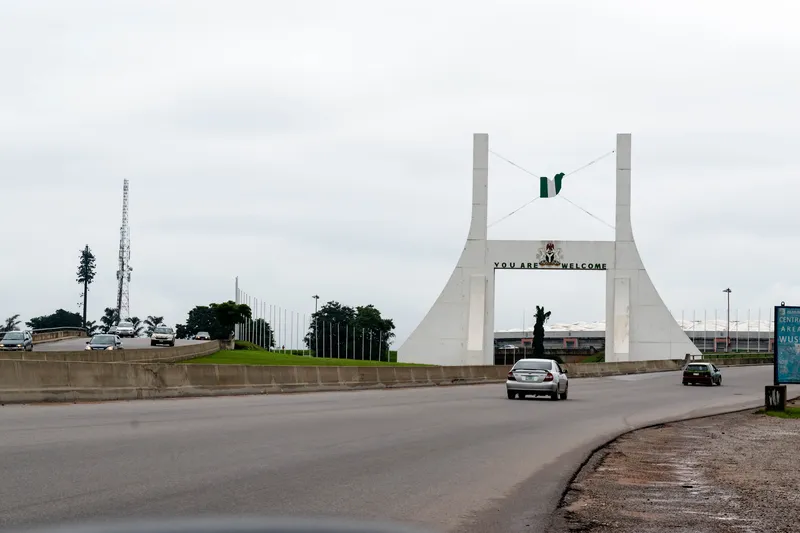The Philippines might separate a 47km six-lane road construction element from a complicated land reclamation and dike development contract recently shunned by preferred bidders.
None of the three qualified bidders for the Laguna Lakeshore Expressway Dike public-private partnership deal submitted final bids for the contract. There were concerns over the legality of reclaiming 700 ha of land and whether investors could make money from it.
The pre-qualified consortia were Trident Infrastructure and Development consortium – consisting of SM Prime Holdings, Megaworld, Ayala Land and Aboitiz Equity Ventures - the Alloy-PAVI LLEDP Consortium and San Miguel Holdings
Work was to have included 700 ha of coastal reclamation of Laguna de Bay from Taguig in Metro Manila to Calamba and Los Baños in Laguna, as well as associated bridges, pumping stations and ancillary flood gates.
The expressway was to have coast around $860 million, according to some estimates. It was expected to reduce travel time between Metro Manila and Laguna from 90 minutes to 35 minutes, and ease traffic and mitigate flooding between Taguig and Los Baños.
Bidding had been delayed several times due to environmental concerns, including how the project might displace local fishing boats from their harbours and fishing grounds.
Leading the review of the unwanted contract is the Department of Public Works and Highways.
Business World On-Line quoted Andre Palacios, executive director of the Public-Private-Partnership Center, saying the government department is rethinking which components of the discredited contract might go together. There is a possibility that the road work is hived off.
Philippines to rethink Laguna Expressway highways work
The Philippines might separate a 47km six-lane road construction element from a complicated land reclamation and dike development contract recently shunned by preferred bidders. None of the three qualified bidders for the Laguna Lakeshore Expressway Dike public-private partnership deal submitted final bids for the contract. There were concerns over the legality of reclaiming 700 ha of land and whether investors could make money from it.
May 3, 2016
Read time: 2 mins







